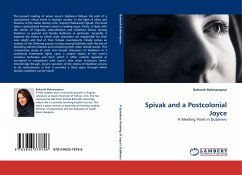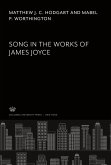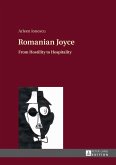The present reading of James Joyce's Dubliners follows the path of a postcolonial critical trend in Joycean studies. In the light of ideas and theories of the Indian literary critic, Gayatri Chakravorty Spivak, this book takes a postcolonial feminist stand in reading Joyce. Firstly, it deals with the notion of linguistic subordination and collective silence among Dubliners in general and female Dubliners in particular. Secondly, it explores the extent to which male characters are responsible for their own plight and that of their female counterparts. Finally comes an analysis of the Othering process in play among Dubliners with the aim of decoding colonial silences and uncovering their often untold stories. This comparative study of male and female characters of Dubliners in a contextual framework lights upon a unique aspect of the work's narrative technique and form which is often unfairly regarded as unoriginal in comparison with Joyce's later more innovative forms. Interestingly though, Joyce's narration of the stories of Dubliners proves to be revolutionary in that it provides a third space through which Spivak's subaltern can be heard.








